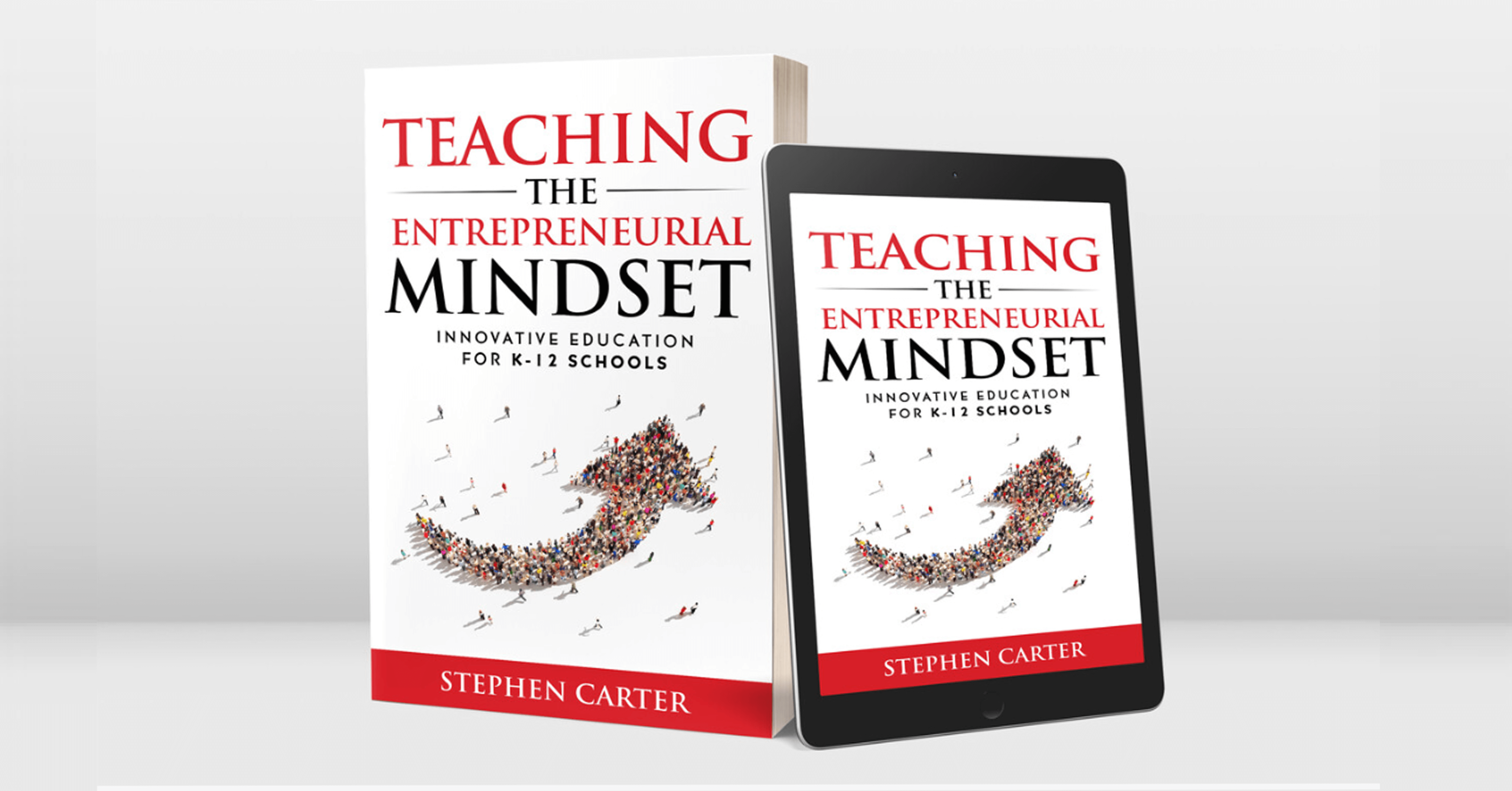September 5, 2023
Publication is scheduled for early October 2023. For updates on the publication of this book, click here. This is the first of two excerpts from Stephen’s new book.
Visit any classroom from ten years ago (and many still operating today), or watch any pseudo-inspirational educator as a hero film, and you’ll be confronted with the annoyingly persistent question: “Why do we have to learn this?” Also presented in the form of “When are we ever going to use this?”, the question has led many an otherwise fine teacher down the path of self-doubt and distraction.
“Because” the well-meaning teacher responds, “Because, you’ll need this in the future.”
“But when?” the student persists.
“When you get a career. This stuff is important. You’ll see. It just is. Now let’s turn to page 265 and complete the first ten problems.”
And with that seemingly simple response, the teacher just lost all credibility in the eyes of the students. This is the hard truth that we as educators all subconsciously know and yet often fail to recognize—our students are smarter than we give them credit for. Yes, even that one student you’re now thinking of, sitting in the…


